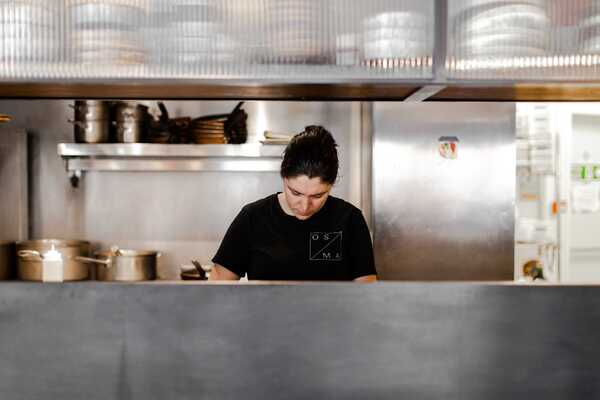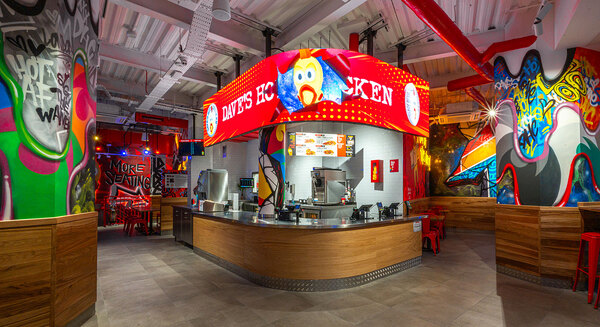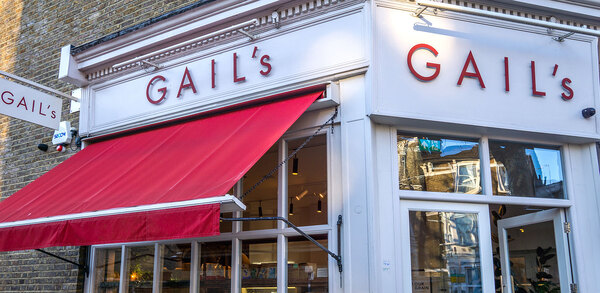Viewpoint: Apprenticeships can be the key to solving hospitality’s recruitment crisis
During a post-pandemic recovery period that has seen energy bill rises and a biting cost of living crisis affecting consumer confidence, it seems the hospitality industry has a never-ending mountain to climb back to health. One persisting challenge is the recruitment shortage, with vacancies in the sector far higher than they were pre-pandemic.
Industry body UKHospitality has taken the lead on campaigning to fix the workforce crisis, identifying recruitment and skills as two key areas. In January, UKHospitality also called on the government to reform the apprenticeship levy to encourage businesses to enhance their skills and development offering.
But the sector has a stigma surrounding it. Many people view hospitality as a stopgap – The Caterer’s study in 2022 of school leavers found that 55% think a job in hospitality is more of a temporary role than a long-term career option – but it’s time to change that. With the spotlight on National Apprenticeship Week, hospitality businesses can take an inward view at their development programmes and see how apprenticeships could be the key to turning the industry’s fortunes around, challenging the stopgap stigma and showcasing hospitality as a career for life.
Develop a skilled workforce
A lot of hospitality businesses are already offering apprenticeships, but the key difference to using apprenticeships to develop a highly skilled, happy workforce is aligning a qualification to career pathways and leadership development. When done right, it’s not just a qualification, it’s a stepping stone to a fulfilling career.
At Valor Hospitality, we map our apprenticeship qualifications against our leadership development programmes and ensure that it is aligned with the career aspirations of the learner. In 2023, we launched our development programme, offering Level 2 and 3 front of house roles such as team leader and customer service specialist, as well as Levels 2 to 5 in back of house and leadership roles, such as commis chef and departmental manager. Offering a wider breadth of qualifications can act as a recruitment incentive, as not everyone wants to do the same role and it keeps learning fresh.
When thinking about using apprenticeships as a recruitment tactic, it’s important to think back to the stopgap stigma. Apprenticeships can take between one to five years, but seven in 10 employers have reported that apprentices who completed their programme were still working for them 15 to 21 months later*. That means offering apprenticeships can really change the perception of hospitality as a short-term fix. And they can be for everyone – at Valor we have learners from the age of 18 to 50-plus.
By investing in apprenticeships you can develop a skilled and engaged workforce. You can nurture team members from the start of their career to become a senior figure in the business. Hospitality companies should not only be talking about apprenticeships at the interview stage when attracting new people to the industry, but also including them in line manager one-to-ones and development check-in conversations.
However, there’s no avoiding that studying for an apprenticeship qualification while working can be difficult. It’s challenging to balance learning alongside a day job, as team members must do 20% off-the-job training. That means operational teams will need to manage the relationship between the learner, the apprenticeship provider and hotel management, but this could be as simple as a regular weekly check-in, where managers can facilitate an open dialogue with their team to raise any issues about their studies. By championing a people-first approach and making allowances in shift schedules for studying, businesses can nurture happy, engaged teams.
By providing staff with tangible job progression, apprenticeships can prove hospitality is a serious, sustainable career, reinforcing a commitment to people and training. When investing in a people-first mindset, businesses will begin to see staff turnover reduce and retention increase.
Ben Gabbitas is talent director at Valor Hospitality


















